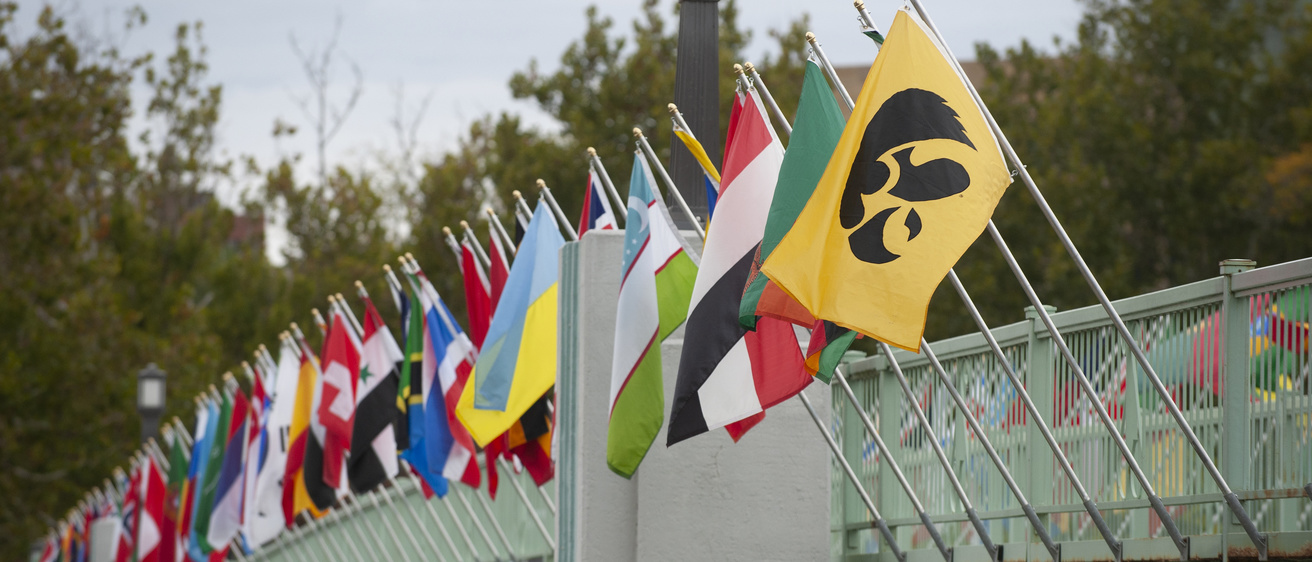Main navigation
Welcome from Liz Mendez-Shannon, Director of Access, Opportunity, and Diversity
As directed by the Iowa Board of Regents, the university continues to review all websites and content for DEI. We are currently assessing this website to ensure compliance.
Welcome from Liz Mendez-Shannon, Director of Access, Opportunity, and Diversity
We invite you to explore how the College of Liberal Arts and Sciences (CLAS) fosters a sense of community through our commitment to access, opportunity, and diversity. Please navigate this page to learn how we are fostering a more welcoming and respectful community and empowering our students, faculty, and staff with the skills to lead in a culturally and globally diverse society and workforce.
Access, opportunity, and diversity in the College of Liberal Arts and Sciences
The principles of access, opportunity, and diversity are fundamental to the mission of the College of Liberal Arts and Sciences at the University of Iowa, as we conduct our work in the context of the whole of humanity.
- In our teaching, we encourage exploration, inquiry, and the questioning of the many facets of human experience and understanding.
- In our research, scholarship, and creativity, we generate new knowledge and perspectives, while reflecting and shaping the cultures and societies in which we live.
- In our service to Iowans, we partner with communities to address critical challenges and foster leadership in a global context.
By embracing this vision together, we are laying a strong foundation that empowers all Hawkeyes to succeed and lead in a diverse and ever-changing world.
With a commitment to meeting accreditation requirements, upholding the professional code of ethics, and aligning with Higher Learning Commission standards throughout CLAS, we strive to maintain the highest standards of integrity and excellence.
Student cultural houses
Afro-American Cultural Center (Afro House)
The Afro House is a safe space for Black students, where they can feel welcomed and at home.
Afro House-advised student groups
Asian Pacific American Cultural Center (APACC)
Asian Pacific American Cultural Center (APACC) is a space for affirming and healing student identities affiliated with the center, and a space for fellowship and community building.
Latin Native American Cultural Center (LNACC)
Latin Native American Cultural Center (LNACC) fosters a sense of belonging, where students can authentically engage with their personal, academic, cultural, emotional, and spiritual identities in a safe, trusting, loving, non-competitive, non-judgmental, yet challenging space.
Pride Alliance Center (Pride House)
Pride House supports student success and holistic wellness by providing a nurturing and affirming space for our LGBTQ students.
